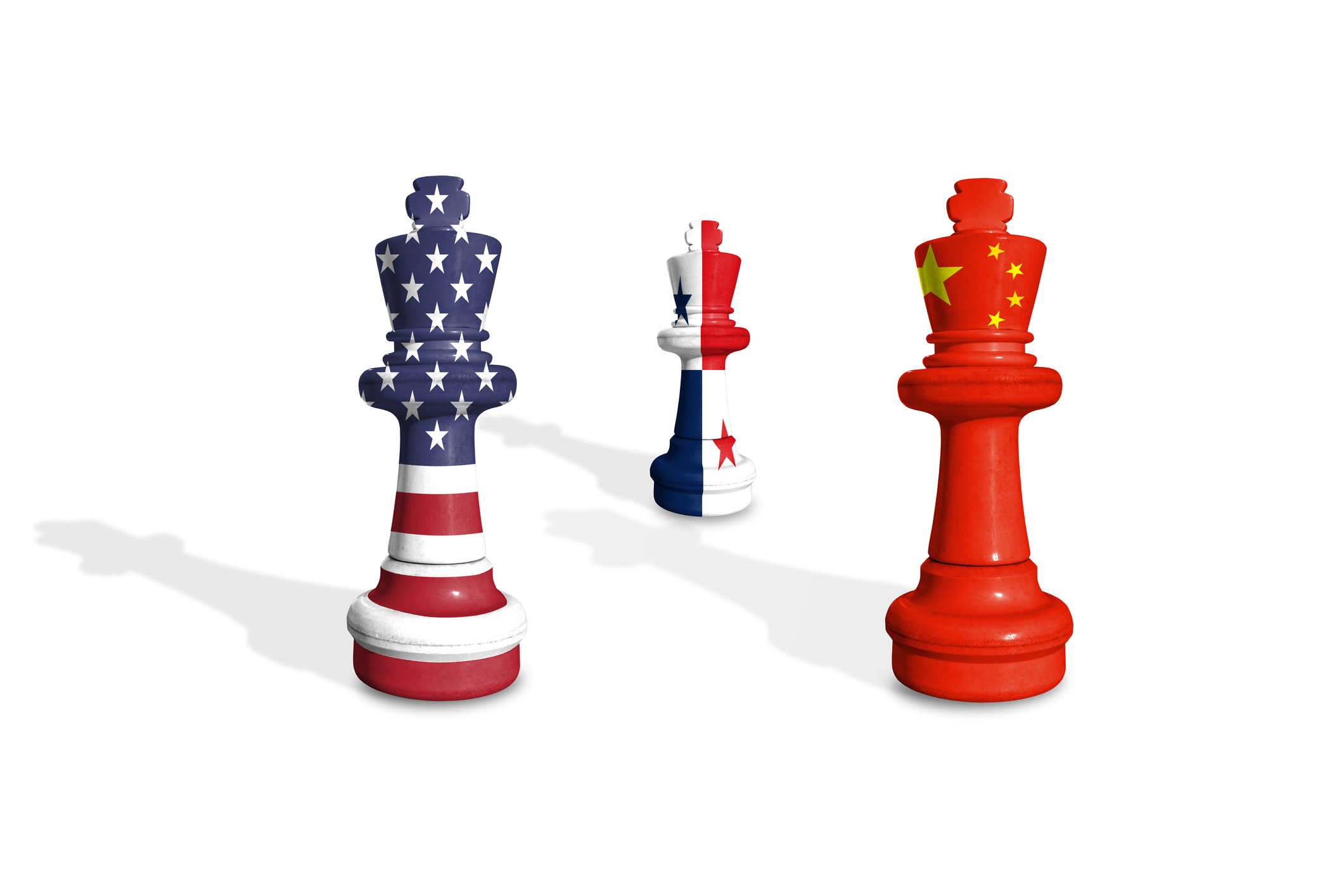Trump’s Panama Canal Policy: Impact on Chineses Presence in Latin America
President Donald Trump’s second administration has quickly established the Panama Canal as a focal point in its strategy to counter Chinese influence in Latin America. Since his January 2025 inauguration, when Trump declared that “China is running the Panama Canal” and vowed the United States would be “taking it back,” tensions have escalated among the U.S., Panama, and China.
Trump’s Panama Canal Strategy
The Trump administration has made countering Chinese influence in Panama a priority in its broader geopolitical competition with Beijing. Secretary of State Marco Rubio, during his first international trip in February 2025, delivered a stark message to Panamanian leadership that China’s presence near the Canal represents a threat to U.S. interests and violates existing treaties.
“Secretary Rubio made clear that this status quo is unacceptable and that absent immediate changes, it would require the United States to take measures necessary to protect its rights under the Treaty,” stated State Department spokesperson Tammy Bruce.
This approach represents a continuation of Trump’s first-term foreign policy that viewed Chinese infrastructure investments worldwide as security threats rather than purely economic activities.
The Panama Canal, given its strategic importance to global shipping and U.S. naval mobility, has become a particularly sensitive flashpoint.
Chinese Interests in Panama
China’s economic presence in Panama has grown significantly since 2017, when Panama officially cut ties with Taiwan and recognized Beijing’s “One China” policy. That same year, Panama joined China’s Belt and Road Initiative (BRI), becoming the first country in Latin America to do so.
Chinese companies maintain a presence around the canal through:
- Port operations: CK Hutchison Holdings, a Hong Kong-based company, operates ports at both ends of the canal through a 25-year concession renewed in 2021.
- Infrastructure investments: As part of the BRI, China has funded various infrastructure projects in Panama, including transportation and telecommunications projects.
The Christian Science Monitor reports that while Trump claims “China is operating the Panama Canal,” this is not accurate. The canal itself is operated by the Panama Canal Authority, an autonomous agency overseen by the Panamanian government. Chinese companies operate ports at both ends of the canal, but American, Taiwanese, and Singaporean firms also operate other ports near the waterway.
The BlackRock Deal and Chinese Response
A significant development in this geopolitical struggle was the announced $23 billion sale of CK Hutchison’s port operations to a consortium led by the U.S. investment firm BlackRock. The deal, announced in March 2025, included a 90% interest in the two Panama Canal ports and an 80% controlling interest in 43 other ports outside Hong Kong and China.
However, Beijing has pushed back against this transaction. China’s market regulator launched an antitrust review of the sale “to protect fair market competition and safeguard public interests.” Additionally, Chinese state media has criticized the deal as undermining China’s national interests.
The sale, which was scheduled to be finalized in early April, has been delayed under this pressure, demonstrating China’s determination to protect its strategic investments even when made through ostensibly private companies.
Panama’s Balancing Act
Caught between these competing great powers, Panama’s President José Raúl Mulino has attempted to navigate a delicate diplomatic path.
Mulino has firmly rejected Trump’s rhetoric about Chinese control of the canal, asserting that “the canal is and will remain Panama’s” and that Panama’s sovereignty over the world’s second busiest waterway is not up for discussion.
Nevertheless, to ease tensions with Washington, Mulino has announced that Panama will not renew its 2017 memorandum of understanding to join China’s Belt and Road Initiative. “We’ll study the possibility of terminating it early,” he added during joint press statements with Secretary Rubio in February.
Mulino also indicated that Panamanian authorities are conducting an audit on Chinese-linked businesses in Panama, including the key port operations. “We have to wait until that audit ends before we can reach our legal conclusions and act accordingly,” Mulino stated.
Regional Implications
The standoff over the Panama Canal has implications far beyond Panama itself. As noted by the Carnegie Endowment for International Peace, “The new administration has put the spotlight on Panama, but all Latin American countries that work with China can prepare for the United States to dial up the pressure.”
Chinese engagement in Latin America has expanded significantly in recent years. Four of the six Central American countries have opened diplomatic relations with Beijing in the last decade, and Chinese companies have invested heavily in infrastructure throughout the region.
The International Institute for Strategic Studies observes that Panama “must carefully balance competing great-power interests in the canal and the wider region.”
How this situation resolves could set precedents for how other Latin American nations manage their relationships with both Washington and Beijing.
Conclusion
President Trump’s policy initiatives regarding the Panama Canal represent a significant challenge to Chinese economic and strategic interests in Latin America. As this situation continues to evolve, it will likely remain a flashpoint in the broader U.S.-China competition for influence in regions traditionally considered within America’s sphere of influence.
For China, the outcome of this dispute could determine whether its Belt and Road investments in Latin America will face similar pressures elsewhere in the region. For Panama, the challenge is to maintain its sovereignty and economic relationships while not becoming collateral damage in a great power competition.
As Christopher Hernandez-Roy, senior fellow at the Center for Strategic and International Studies, noted regarding the potential BlackRock deal: “It represents a major victory for the Trump administration’s efforts to roll back China in the Western Hemisphere,” something China “would not want to happen.”
Credit Featured Graphic: ID 359170070 © Tomasragina | Dreamstime.com

